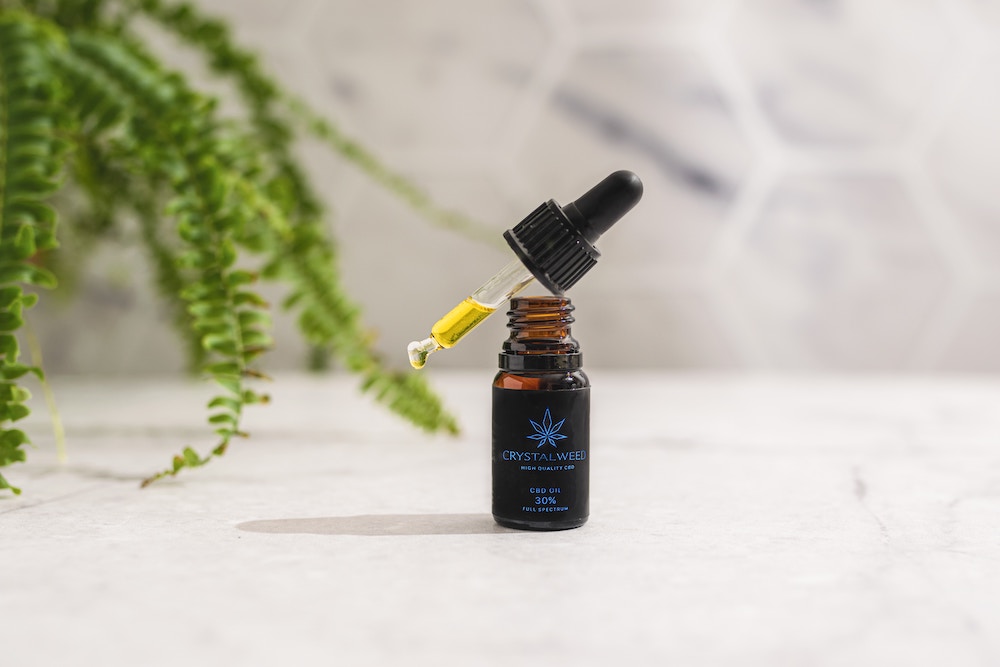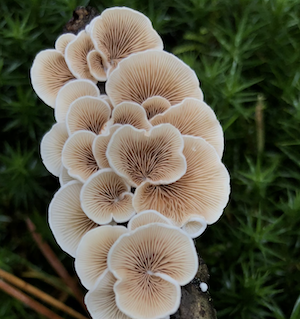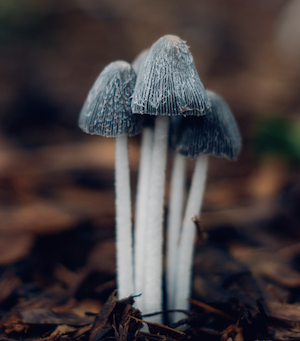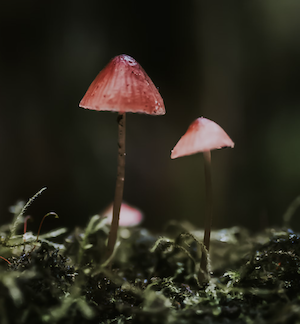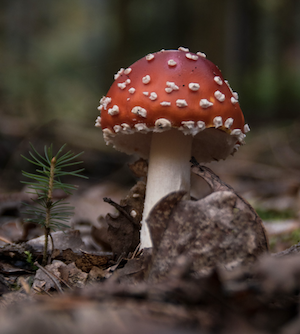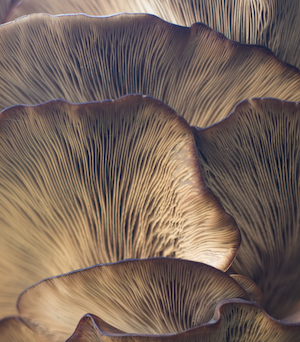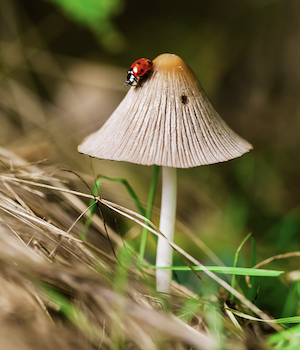CBD syrup is a carefully crafted concoction designed to provide a convenient and enjoyable way to consume CBD. CBD, short for Cannabidiol, is one of the many naturally occurring compounds found in the Cannabis sativa plant. It is part of a diverse group of compounds known as cannabinoids, which interact with the endocannabinoid system in the human body. Unlike its more infamous cousin, THC (tetrahydrocannabinol), CBD is non-psychoactive, meaning it doesn’t produce the “high” typically associated with cannabis consumption. This characteristic makes CBD an attractive option for those seeking therapeutic benefits without altered mental states.
What is CBD Syrup?
CBD’s rise to prominence in the wellness industry can be attributed to its potential health benefits. Extensive research and anecdotal evidence suggest that CBD may have anti-inflammatory, analgesic (pain-relieving), anxiolytic (anxiety-reducing), and neuroprotective properties. Its versatility has led to the development of various CBD-infused products, including oils, capsules, edibles, and, of course, CBD syrup.
While formulations can vary between brands, there are some common ingredients and characteristics to look out for:
CBD Concentration
The primary ingredient, CBD, is typically derived from industrial hemp plants, ensuring minimal THC content (0.3% or less) to comply with legal standards in many regions.
Sweeteners
To make the syrup palatable, sweeteners like sugar, honey, or natural fruit flavors are often added. Some brands offer sugar-free or low-calorie options for those who prefer alternatives.
Thickeners and Emulsifiers
These ingredients help maintain the syrup’s consistency and ensure an even distribution of CBD throughout the product.
Additional Ingredients
Depending on the desired effect, manufacturers may include additional ingredients such as melatonin for sleep support or herbal extracts for enhanced relaxation.
Lab-Tested
Reputable CBD syrup brands typically conduct third-party lab testing to verify the CBD content and ensure the absence of contaminants like heavy metals, pesticides, and solvents.
How CBD Syrup Works
To understand how CBD syrup works, it’s essential to grasp its interaction with the endocannabinoid system (ECS). The ECS is a complex network of receptors, enzymes, and endocannabinoids that plays a crucial role in maintaining balance, or homeostasis, within the body. This system is involved in regulating various physiological processes, including mood, pain perception, immune function, and more.
CBD interacts with the ECS by influencing its receptors, primarily the CB1 and CB2 receptors. Unlike THC, which directly binds to these receptors, CBD has an indirect effect. It modulates the ECS by enhancing the activity of endocannabinoids produced naturally in the body, such as anandamide. This modulation can lead to a wide range of potential therapeutic effects.
Non-Psychoactive Nature of CBD
One of the key distinctions between CBD and THC is the psychoactive effect. THC binds directly to CB1 receptors in the brain, resulting in the characteristic “high” associated with marijuana use. In contrast, CBD does not bind strongly to CB1 receptors and, therefore, does not produce the psychoactive effects seen with THC consumption. This is a crucial factor in the widespread acceptance and use of CBD as a wellness supplement.
CBD’s non-psychoactive nature means it can be consumed without altering one’s mental state. This quality makes it appealing to individuals seeking the potential therapeutic benefits of cannabis without the associated euphoria or impairment.
Potential Therapeutic Effects
CBD syrup’s potential therapeutic effects have garnered significant attention from researchers and consumers alike. While more studies are needed to fully understand its mechanisms of action, there is a growing body of evidence suggesting the following potential benefits:
CBD may help alleviate various types of pain, including chronic pain, neuropathic pain, and inflammatory pain. It is believed to work by reducing inflammation and interacting with pain receptors in the ECS.
Many users report reduced anxiety and stress levels when using CBD products. CBD may influence serotonin receptors, which play a role in mood regulation.
CBD syrup often includes ingredients like melatonin to aid in sleep. CBD itself may help regulate sleep patterns by addressing factors such as anxiety and pain that can disrupt sleep.
Some studies suggest that CBD may have neuroprotective properties, potentially benefiting those with neurological disorders like epilepsy and multiple sclerosis.
CBD has shown promise in reducing inflammation and managing seizures in conditions such as epilepsy. It is even the active ingredient in the FDA-approved epilepsy medication Epidiolex.
CBD’s antioxidant properties may help combat oxidative stress, which is associated with various chronic diseases.
While these potential therapeutic effects are promising, it’s important to note that individual responses to CBD can vary. Factors such as dosage, formulation, and the specific condition being addressed can influence its effectiveness. As we explore further in this article, we’ll delve into practical considerations for using CBD syrup and provide insights into dosage and administration methods.
How to Use CBD Syrup
Determining the right dosage of CBD syrup is essential for achieving the desired effects while minimizing the risk of side effects. Dosage can vary significantly from person to person, depending on factors like body weight, individual tolerance, and the specific reason for using CBD. Here are some general dosage guidelines to consider:
- It’s advisable to begin with a low dose, especially if you’re new to CBD. A common starting point is 10-20 milligrams (mg) of CBD syrup.
- Monitor your body’s response to the initial dose. If needed, you can gradually increase the dosage until you achieve the desired effects.
- If you’re using CBD syrup to manage a specific medical condition or if you’re taking other medications, consult a healthcare provider. They can offer personalized guidance on the appropriate dosage.
- The ideal dosage may vary depending on your goals. For example, lower doses may be suitable for mild anxiety, while higher doses may be needed for pain management or sleep support.
- Pay attention to the label on your CBD syrup product. Reputable brands typically provide dosage recommendations based on the concentration of CBD in their product.
Different Administration Methods
CBD syrup offers flexibility in terms of administration. Here are some common ways to use it:
Oral Consumption
The most straightforward method is to take CBD syrup orally. Use the provided dropper to measure the desired dosage and place it under your tongue for sublingual absorption. Hold it there for about 30 seconds before swallowing.
Mixing with Beverages
CBD syrup can be mixed with various beverages, such as water, juice, tea, or even cocktails. This can make it more enjoyable and easier to consume, especially if you find the taste of pure CBD syrup unappealing.
Adding to Food
You can also incorporate CBD syrup into your meals. Some people add it to recipes for smoothies, desserts, or salad dressings. Cooking or baking with CBD syrup is another option.
Topical Use
While not as common with syrups, some individuals use CBD topically by applying it directly to the skin. However, this method is typically reserved for CBD creams or oils designed for external use.
Factors to Consider When Selecting a Product
Choosing the right CBD syrup is crucial for your safety and effectiveness. Here are key factors to consider when selecting a CBD syrup product:
CBD Source: Determine whether the CBD in the syrup is derived from hemp or cannabis. Hemp-derived CBD is legal in many places and contains negligible THC, minimizing the risk of psychoactive effects.
CBD Concentration: Check the label for the amount of CBD per serving. This will help you determine the potency of the product and calculate the appropriate dosage.
Ingredients: Examine the ingredient list for any additives, sweeteners, or artificial flavors. Look for syrups that use natural ingredients and avoid those with unnecessary additives.
Flavor Options: Consider your flavor preferences. Some CBD syrups offer a variety of flavors, while others may have a natural hemp taste.
Purpose: Determine the specific reason you’re using CBD syrup (e.g., pain relief, sleep support, anxiety management). Some syrups are formulated with additional ingredients like melatonin or herbal extracts to target specific needs.
Allergens: Check for allergen information if you have known allergies or dietary restrictions.
Formulation Type: CBD syrup can vary in terms of consistency. Some are thick and syrupy, while others may be more liquid. Choose the type that’s easiest for you to consume.
Labels and Certificates of Analysis (COA)
Carefully read the product label for details such as CBD concentration, serving size, and recommended usage instructions. Ensure it matches your needs and preferences.
Reputable CBD syrup manufacturers provide third-party lab testing results, known as COAs, for their products. Look for a QR code or a link to these reports on the product packaging or the manufacturer’s website.
When reviewing a COA, check for the following:
- Confirm that the actual CBD content matches what is stated on the label.
- Ensure it is below the legal limit (0.3% in many places) to avoid psychoactive effects.
- The COA should confirm the absence of heavy metals, pesticides, solvents, and other harmful substances.
Legality and Safety Considerations
The legal status of CBD varies from one location to another, which can be a source of confusion for consumers. In the United States, for instance, the 2018 Farm Bill legalized the cultivation and sale of hemp-derived CBD products at the federal level, provided they contain less than 0.3% THC. However, state regulations may differ, so it’s crucial to be aware of local laws before purchasing or using CBD syrup.
Safety-wise, CBD is generally considered safe for most people when used appropriately. It has a low potential for side effects, which may include dry mouth, diarrhea, and changes in appetite. Nevertheless, it’s essential to consult with a healthcare professional, especially if you have underlying medical conditions or are taking medications, as CBD can interact with certain drugs.
